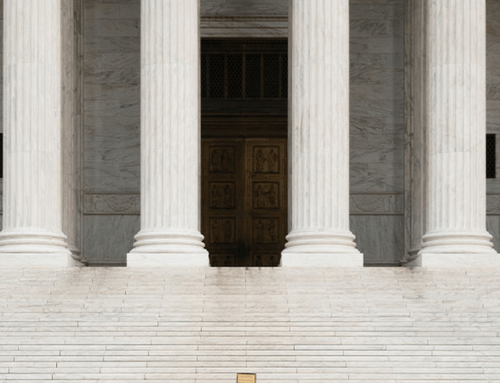Bracing for Change: How the Election Could Reshape American Tax Landscape
As America gears up for the upcoming elections, we stand on the brink of significant tax law changes. The Tax Cuts and Jobs Act (TCJA), which came into effect in 2018, brought sweeping modifications. However, with most of its provisions scheduled to end on December 31, 2025, the direction of future federal tax laws hangs in the balance.
Current State of Affairs
The TCJA introduced comprehensive revisions to the tax landscape. A prominent change was the reduction of the maximum corporate tax rate from 35% to 21%. The highest tax rate for individual taxpayers was also lowered from 39.6% to 37%. Notably, while the corporate tax cut is permanent, the individual rate reduction is set to expire in 2025. However, future tax legislation could still modify the corporate tax rate.
The TCJA also brought other significant changes. These included an increase in standard deductions for individuals, leading to fewer taxpayers benefitting from itemizing deductions for certain expenses such as charitable donations and medical costs. The law also eliminated or limited certain itemized deductions through 2025, including those for home mortgage interest and state and local tax (SALT).
For small business owners, the potential expiration of the Section 199A qualified business income (QBI) deduction could be a game-changer. Currently, non-corporate pass-through entities, including S corporations and partnerships, as well as sole proprietorships, can write off up to 20% of QBI. The expiration of these provisions could significantly impact taxpayers’ bills in 2026, barring any new legislation extending them.
Possible Future Scenarios
The upcoming presidential election, coupled with the balance of power in Congress, will play a crucial role in the future of the TCJA. The following four scenarios could unfold:
1. All TCJA provisions scheduled to expire could end by 2025.
2. All expiring TCJA provisions could be extended past 2025 or made permanent.
3. Some TCJA provisions could be allowed to expire, while others could be extended or made permanent.
4. Some or all temporary TCJA provisions could expire, followed by the enactment of new laws offering different tax breaks or tax rates.
The impact on your 2026 tax bill will depend on which of these scenarios materializes and whether your tax bill increased or decreased when the TCJA took effect in 2018. Factors such as your income, filing status, residence (the SALT limitation affects more taxpayers in certain states), and whether you have dependents, will also come into play.
The winning presidential candidate and the party controlling Congress will inevitably influence your tax situation. Democrats and Republicans have differing views on tax laws. Any proposal can only become law if tax legislation passes both houses of Congress and is signed by the President (or if Congress has enough votes to override a presidential veto).
Preparing for the Future
As we inch closer to the expiration of the TCJA provisions, it is crucial to anticipate potential changes and strategize your financial moves accordingly. Stay informed about future developments, and don’t hesitate to seek professional advice to navigate any potential changes in tax law. The future may be uncertain, but with careful planning, you can prepare for any tax eventuality.




